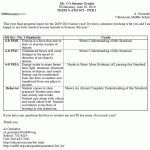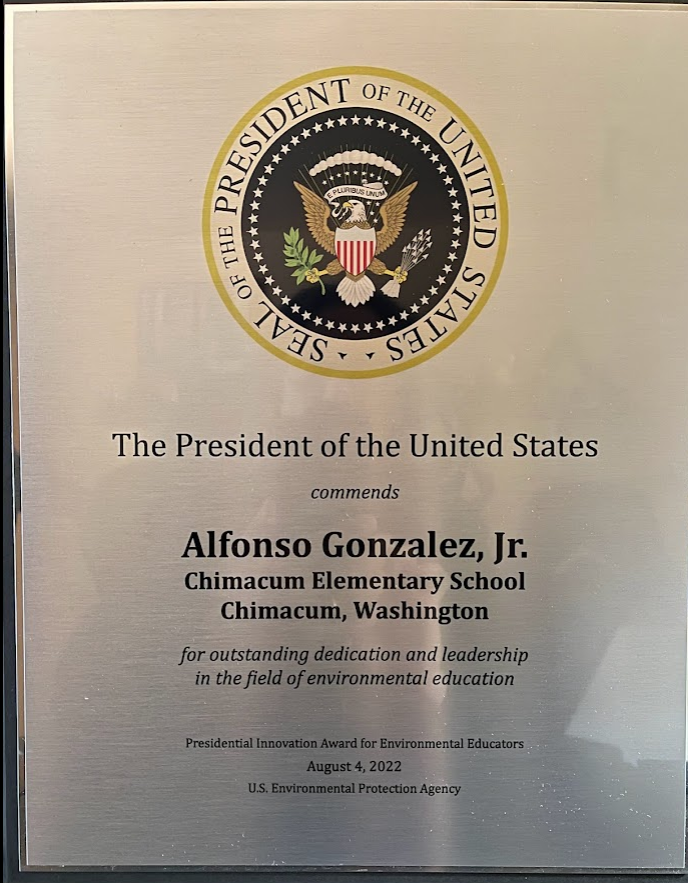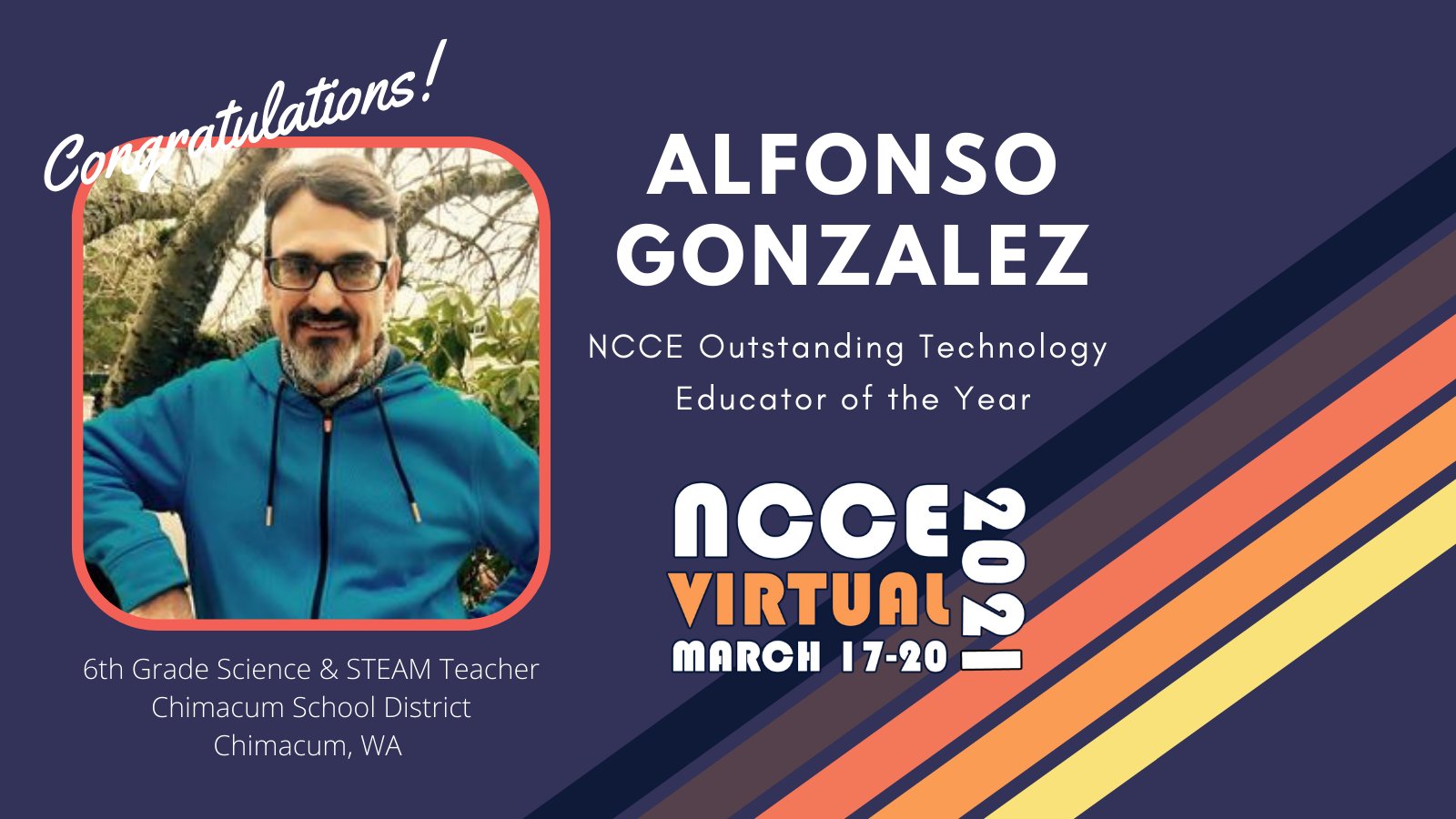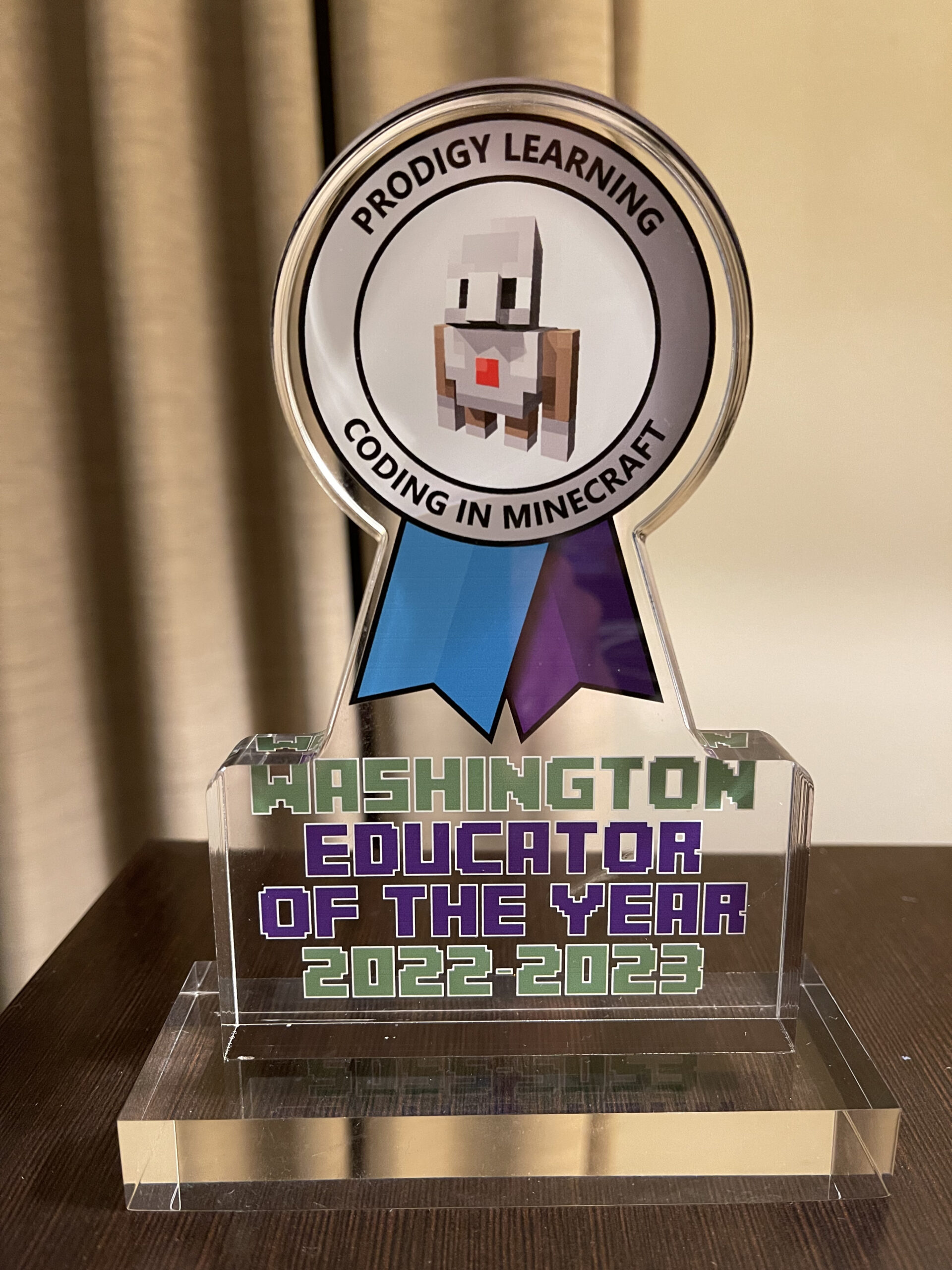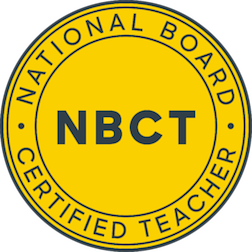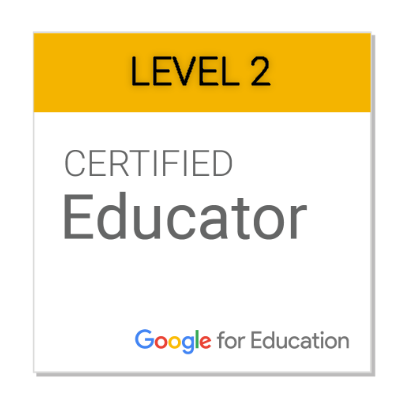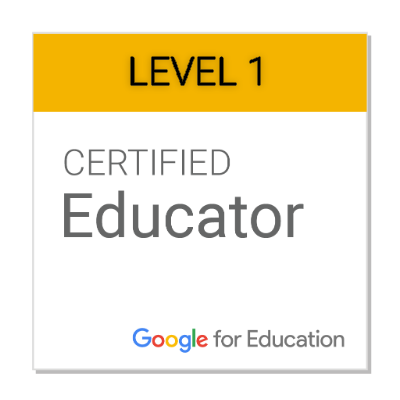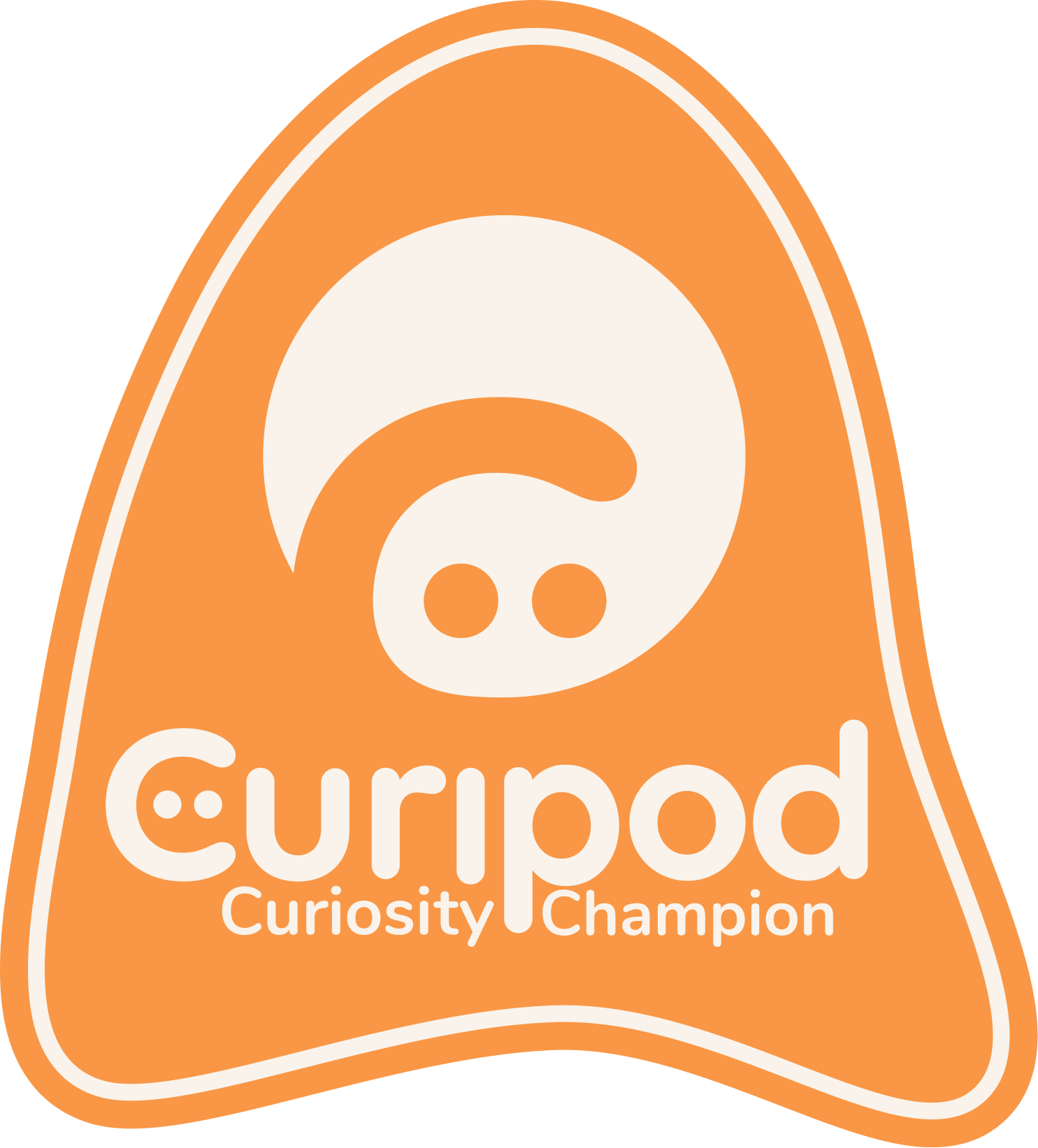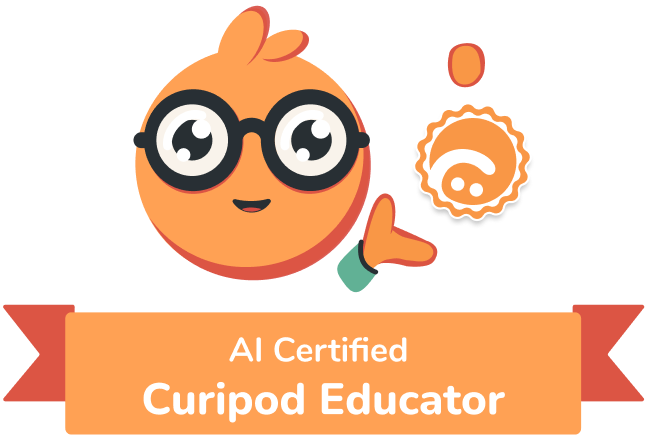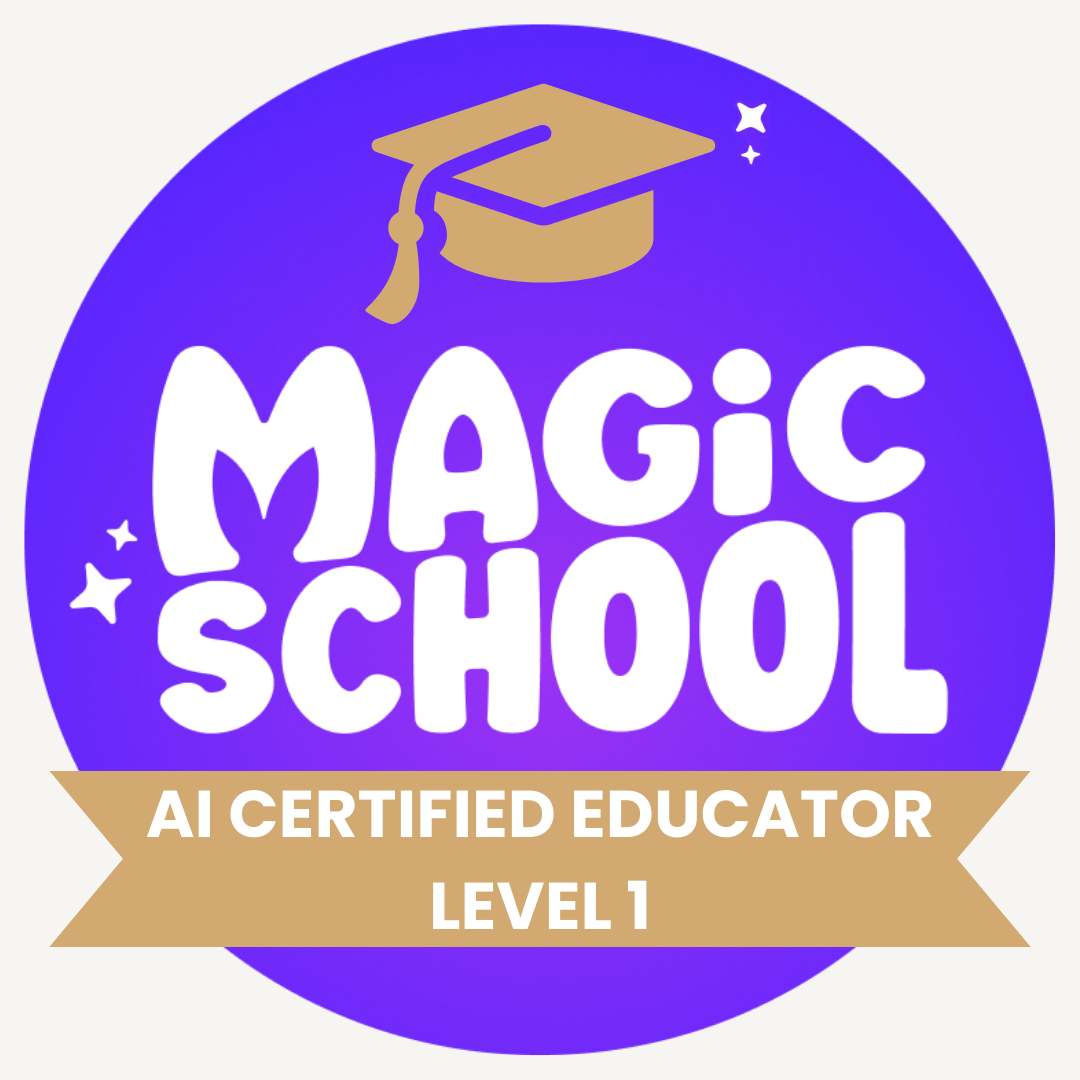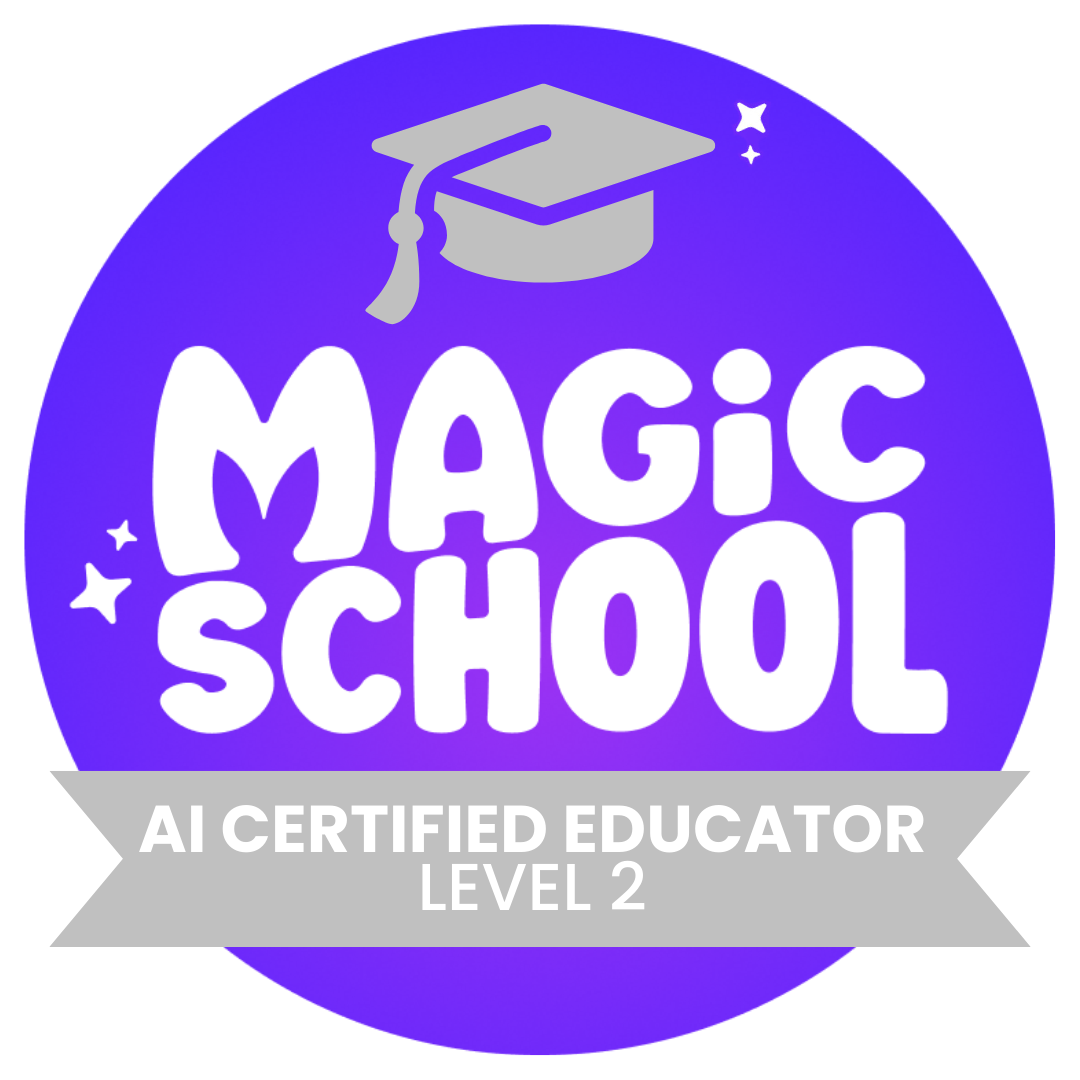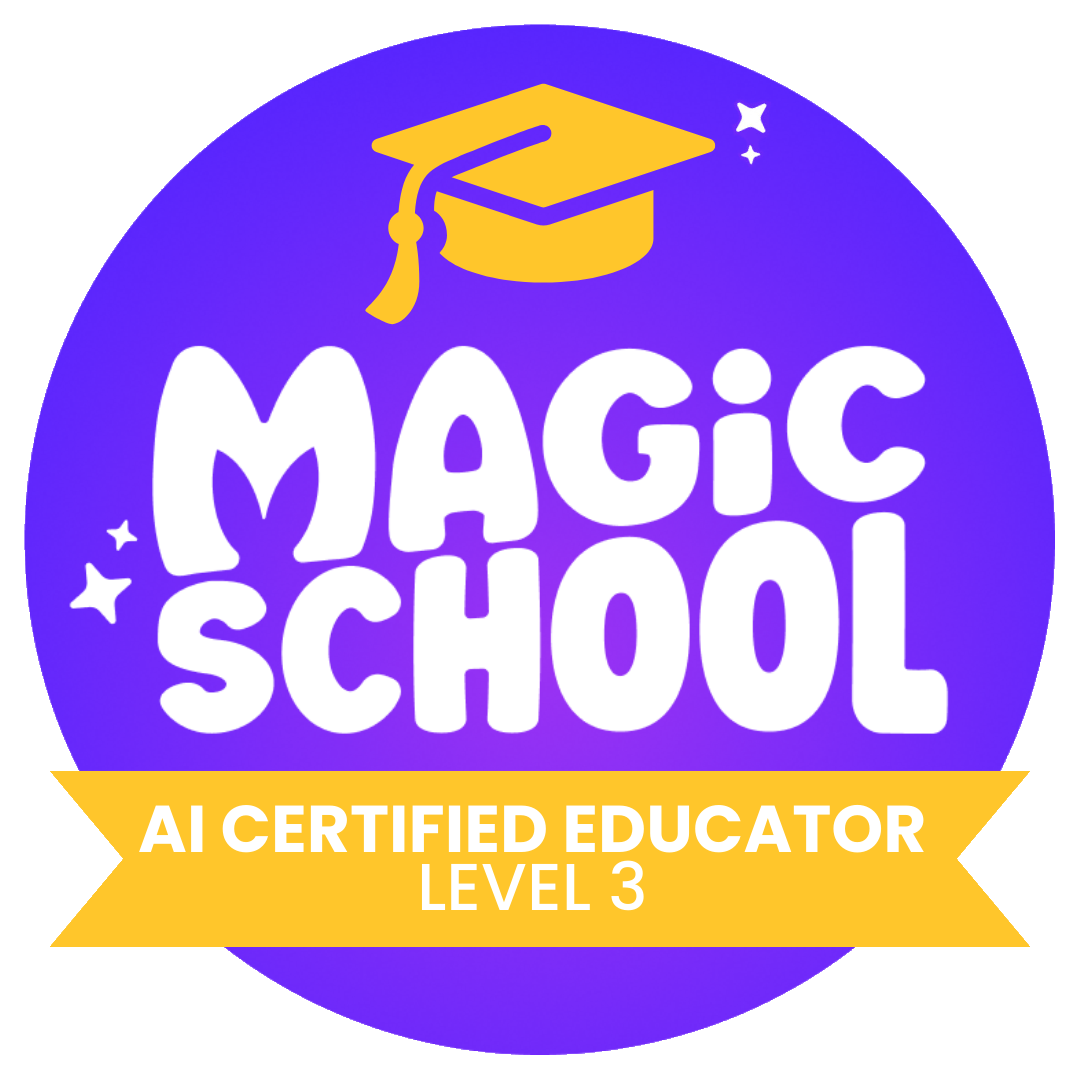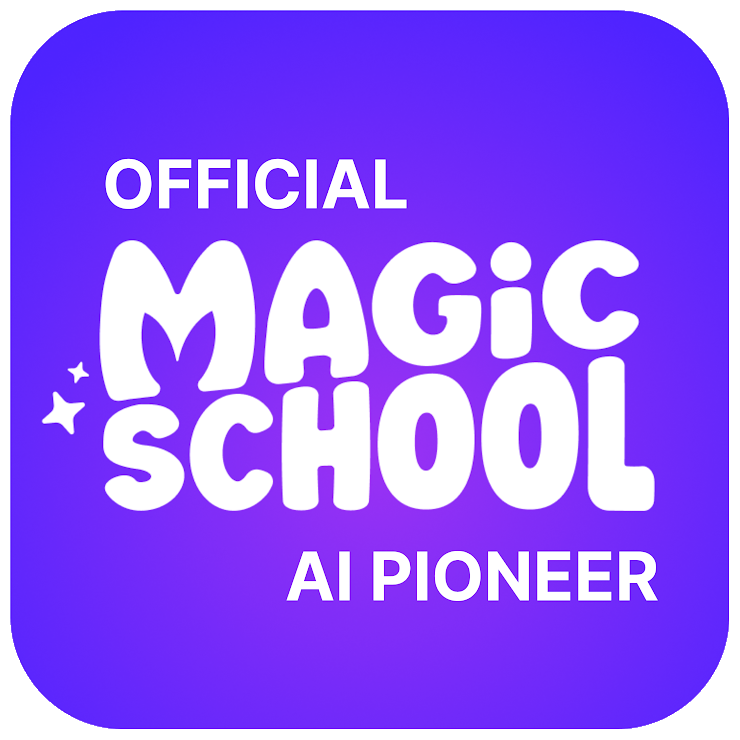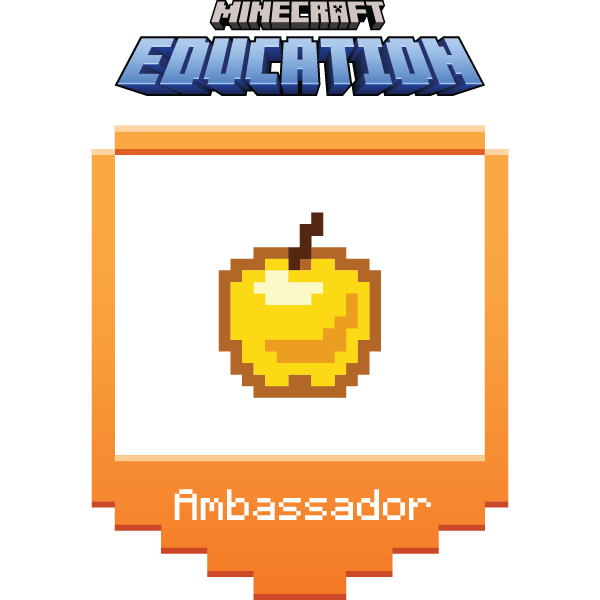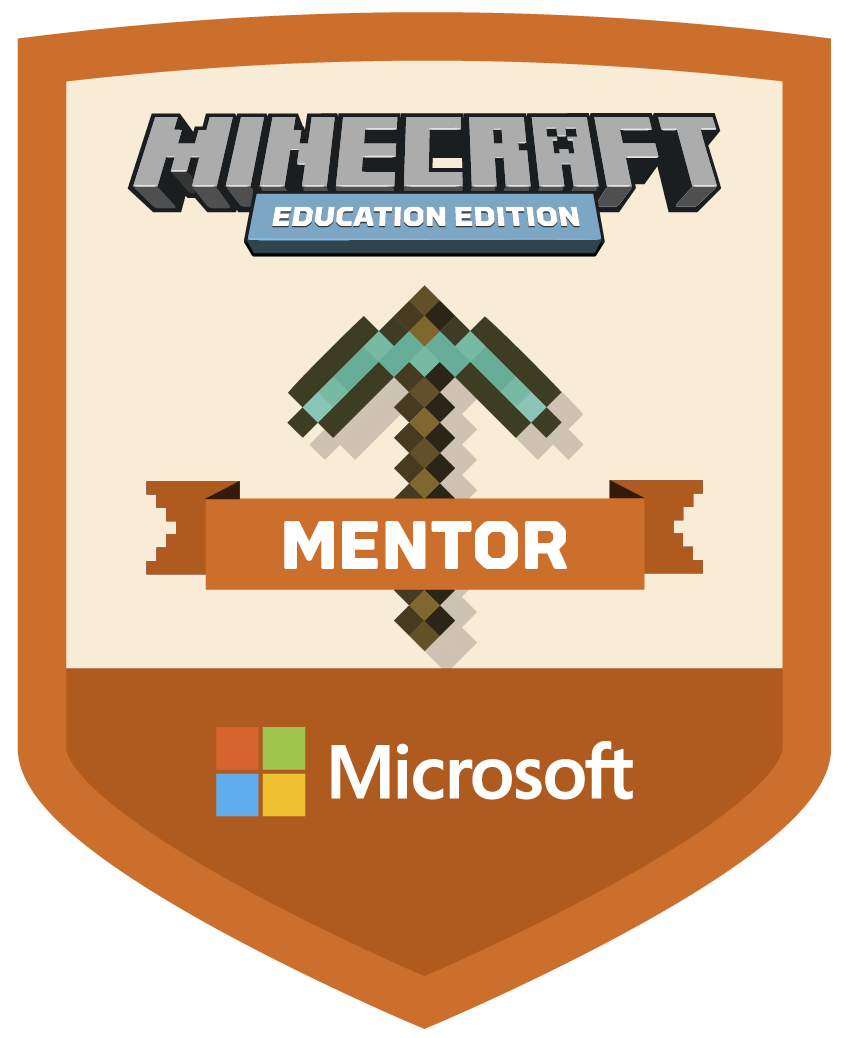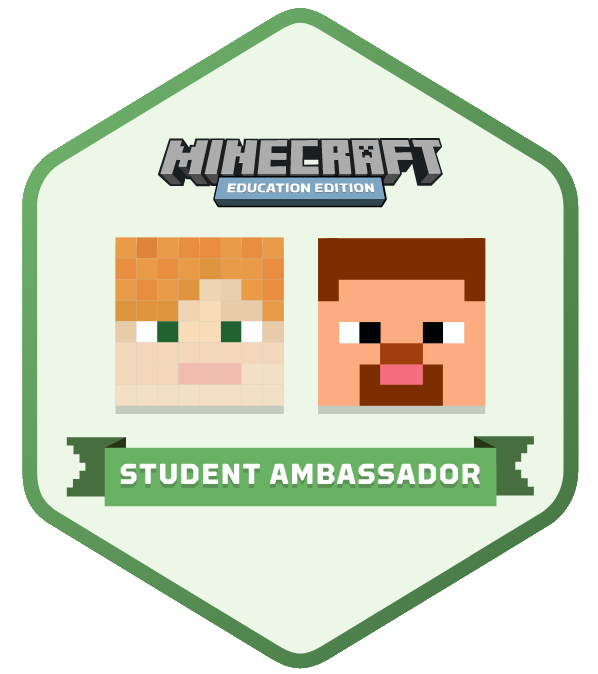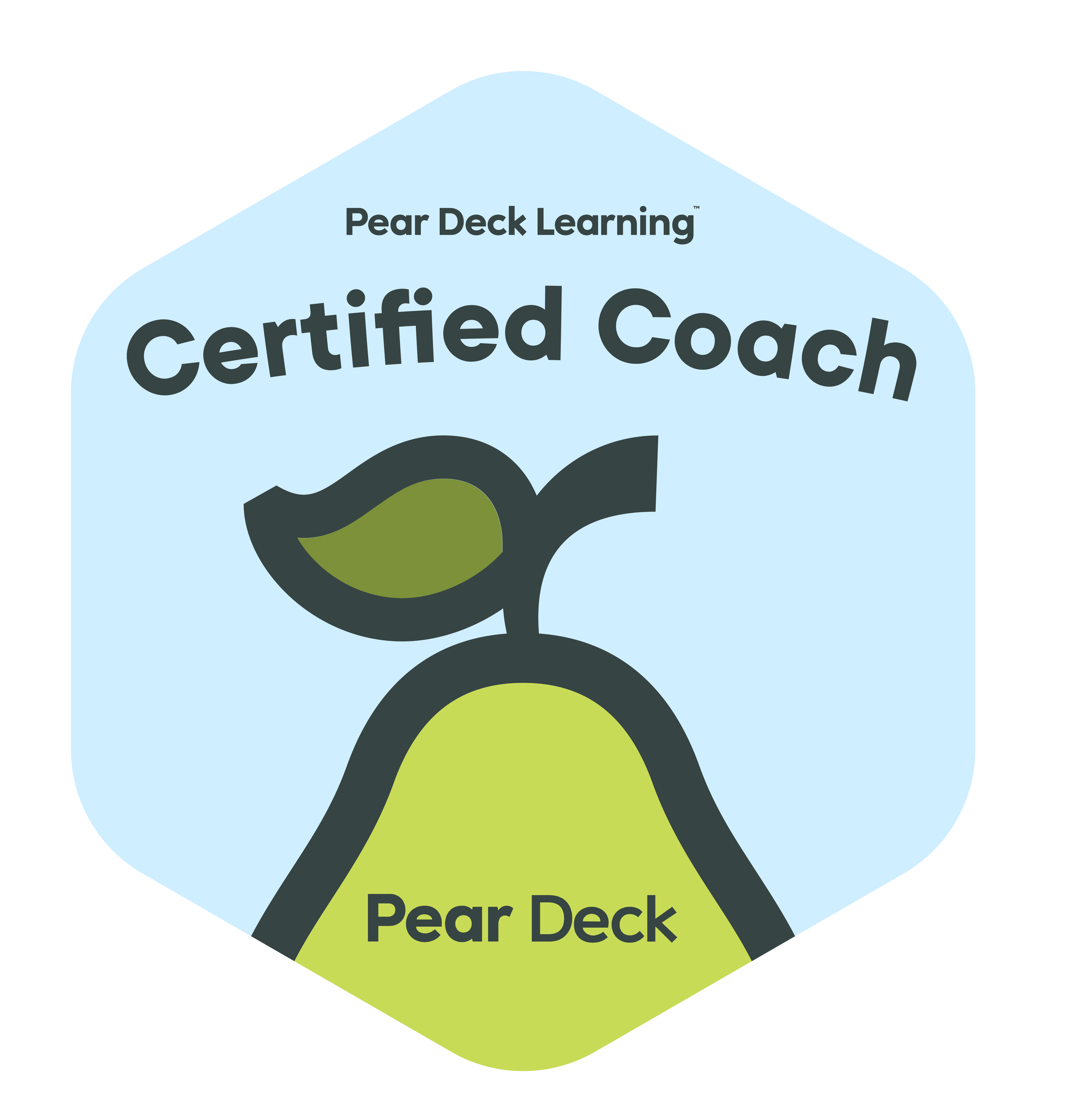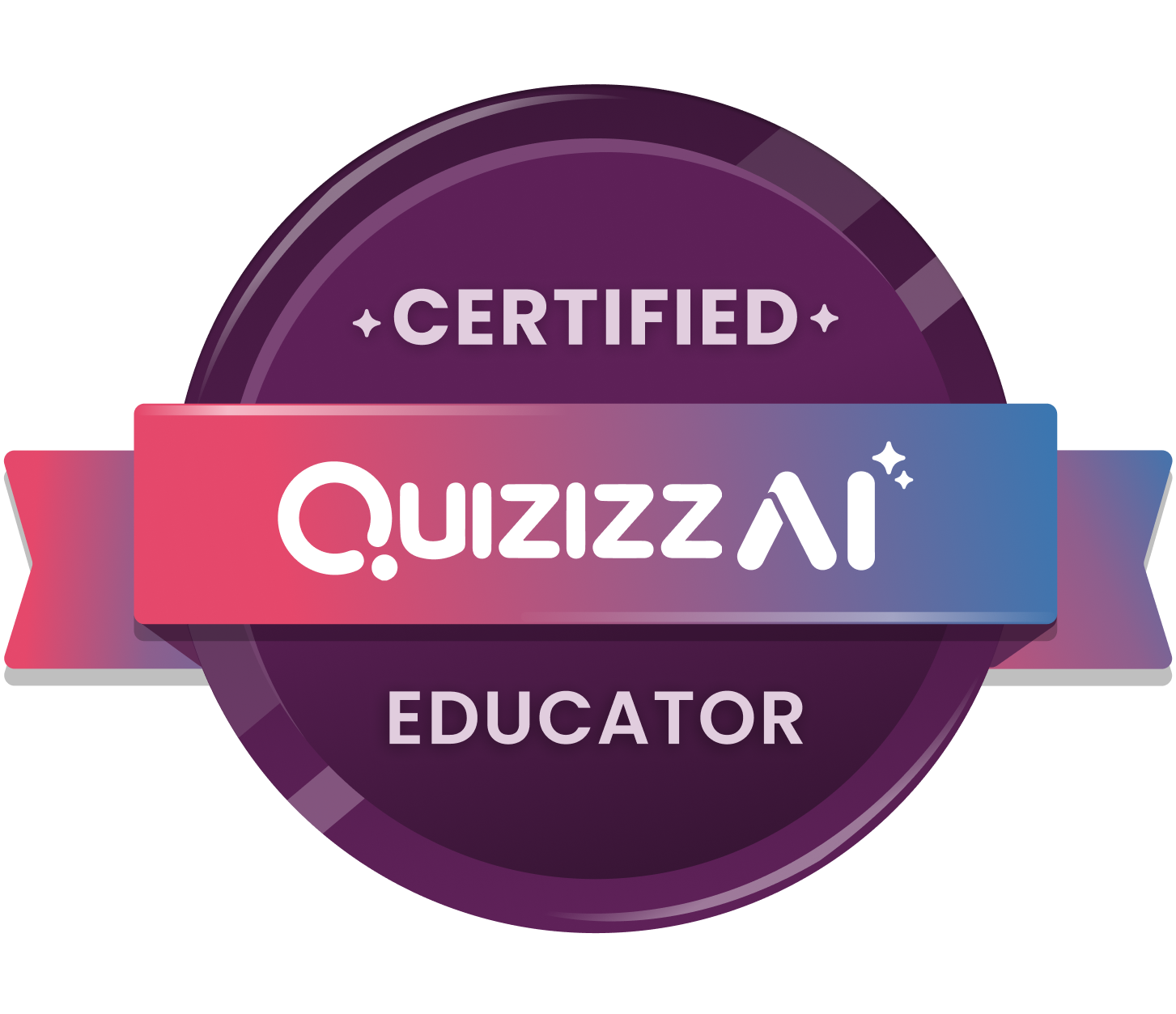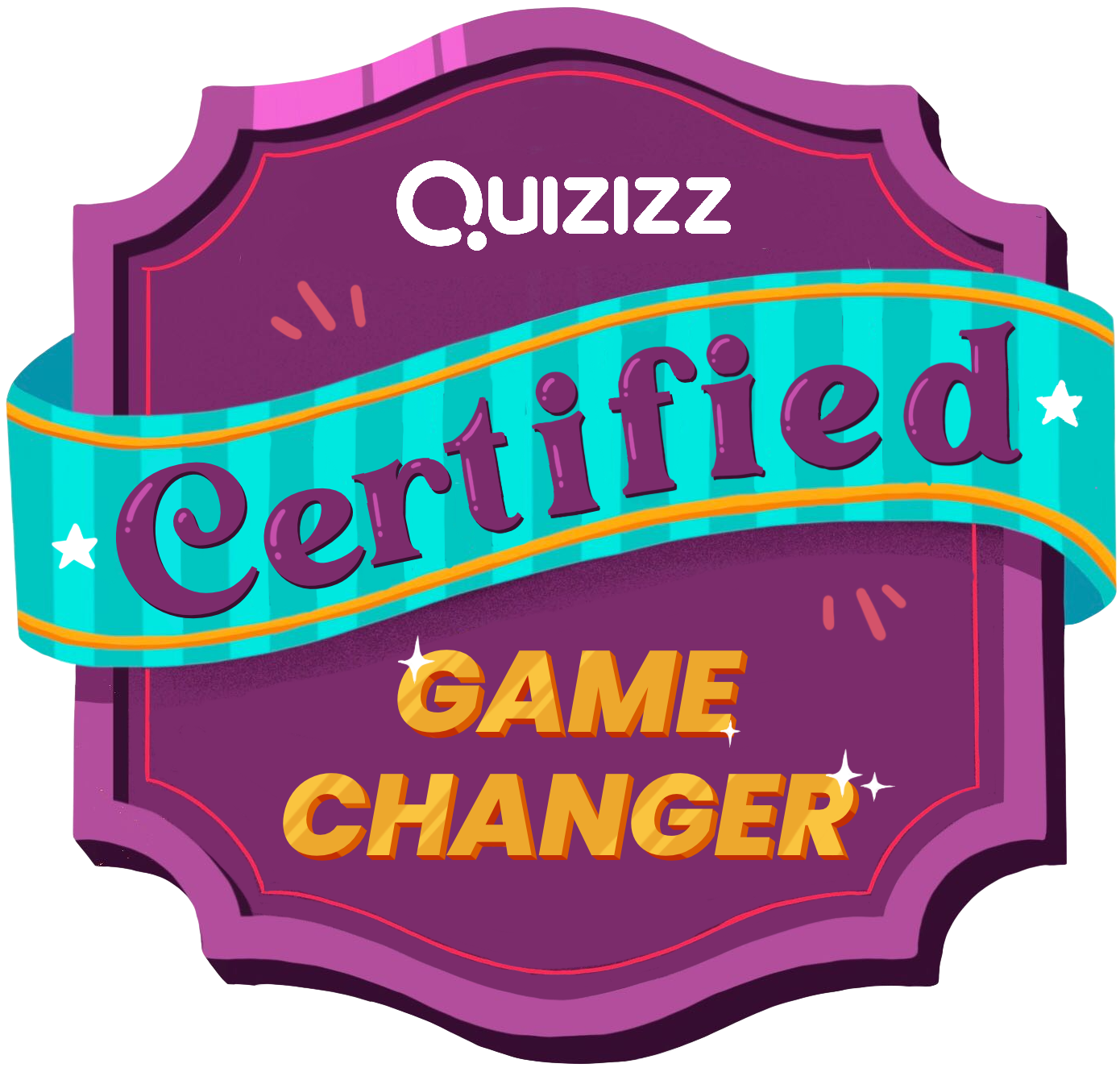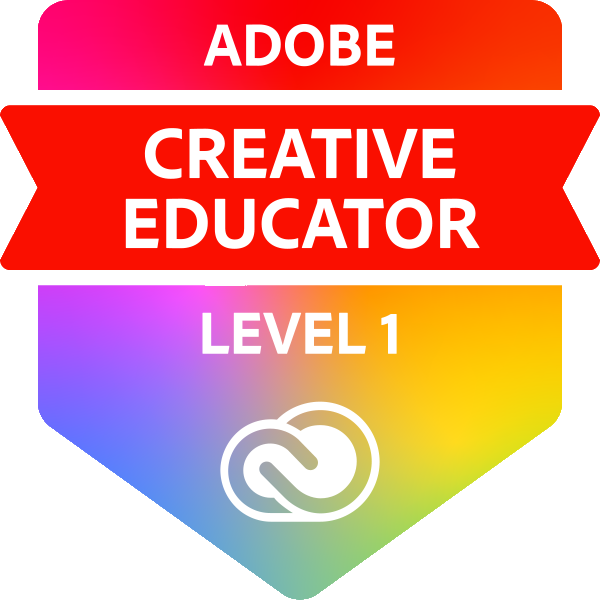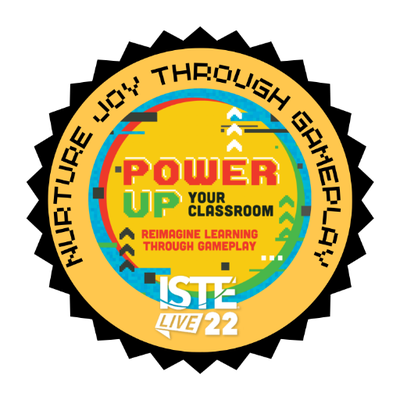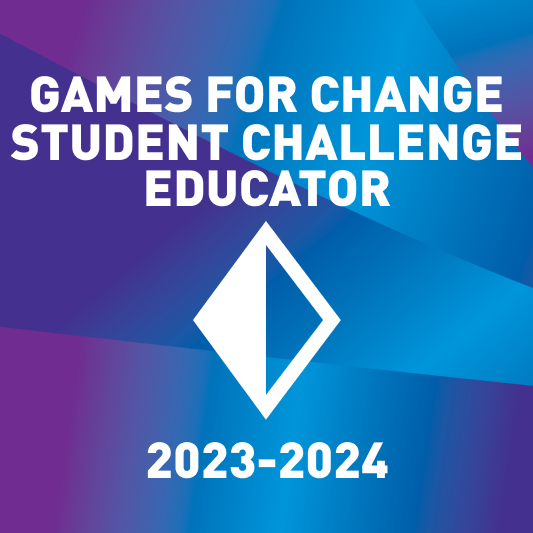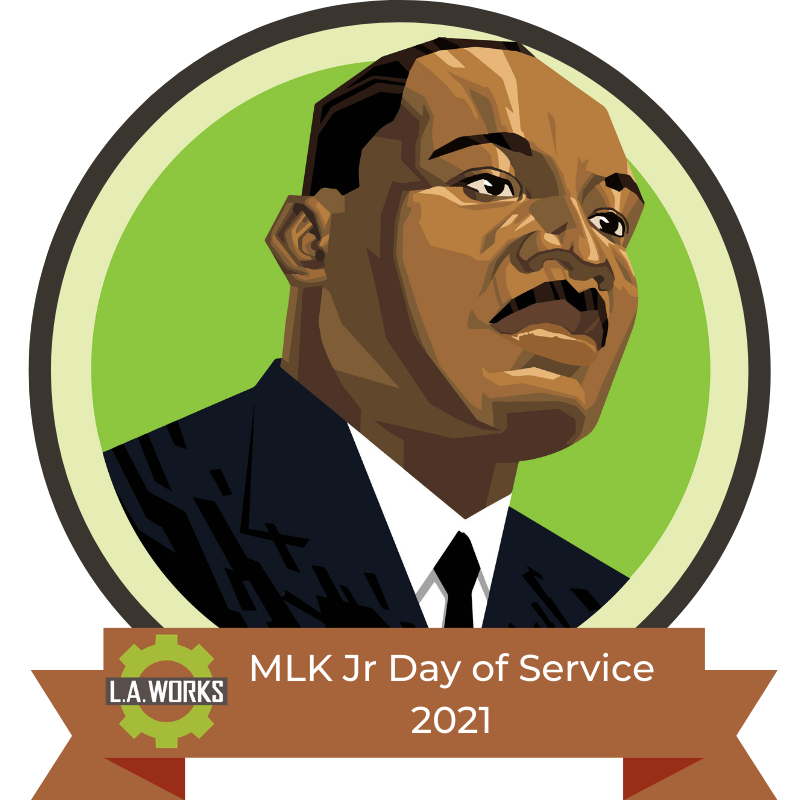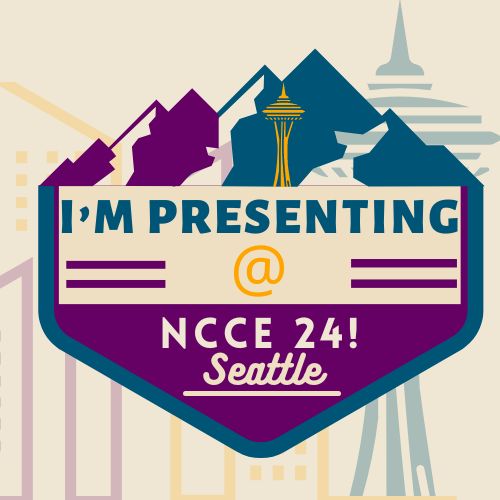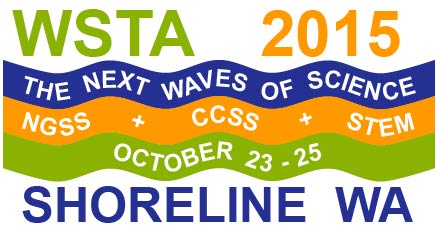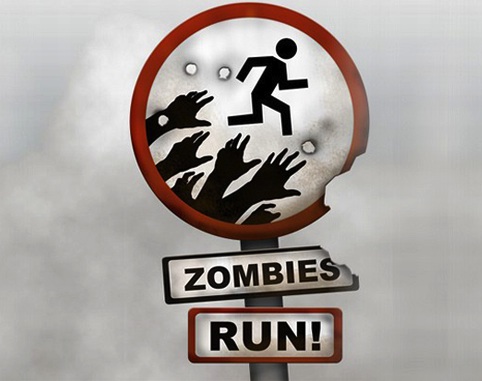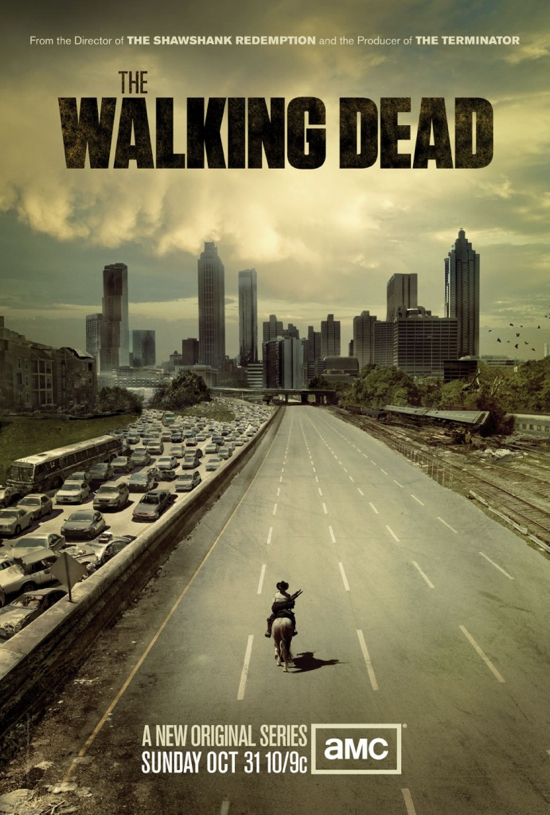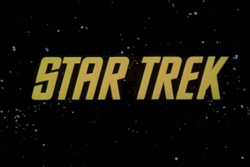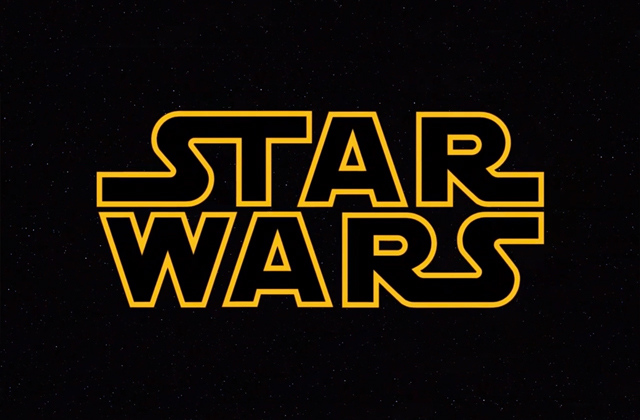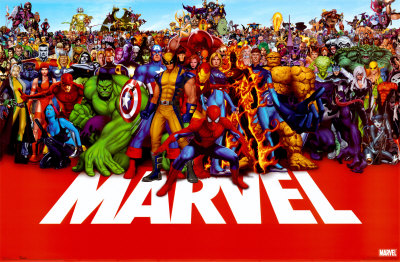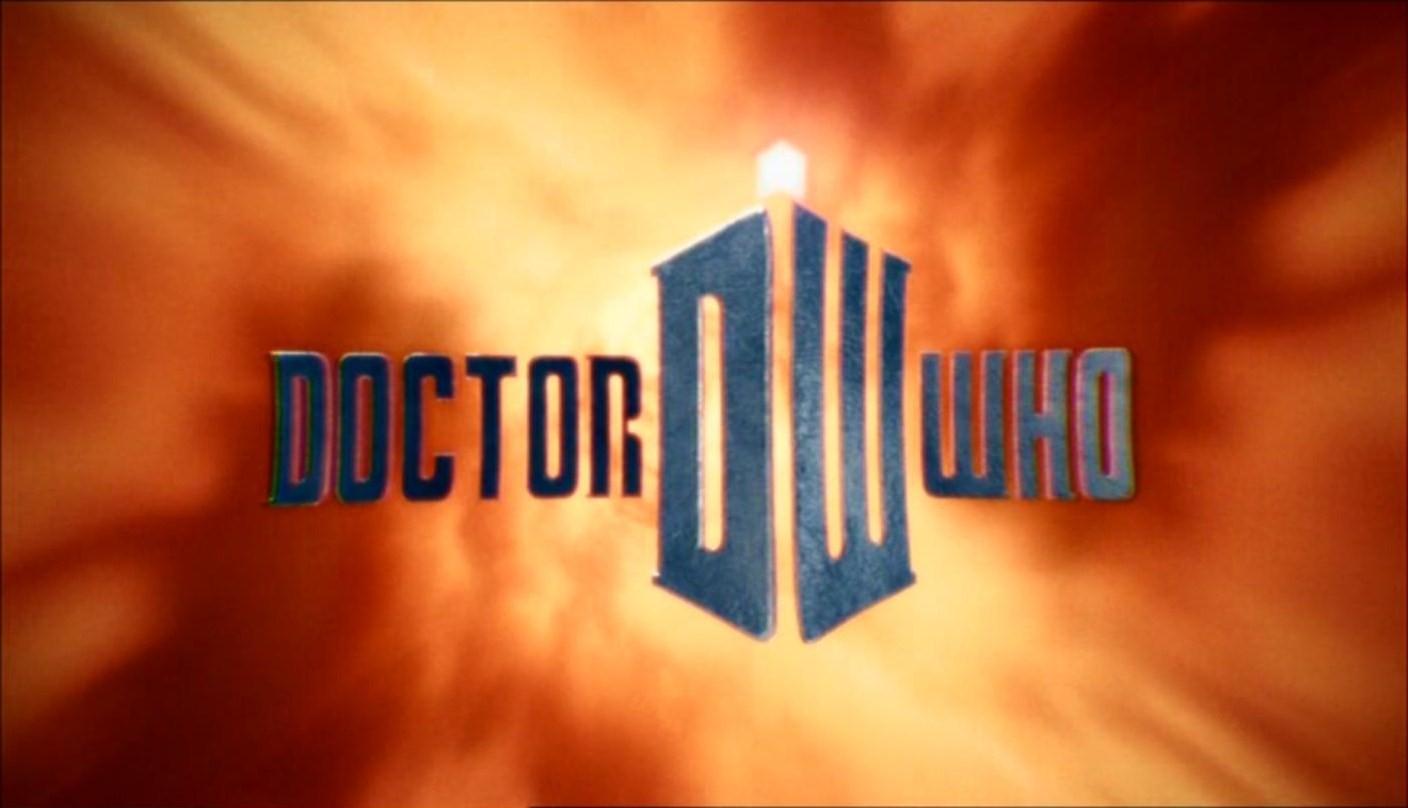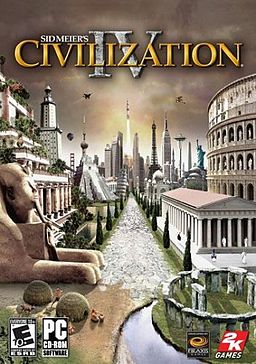What does on-task look like in a 21st century classroom? How do you get your students engaged in learning? I think about the types of learning that take place in my classroom a lot because I don’t know if the things I’m doing actually help my students learn.
Is it enough to abolish grades so that I can give students usable feedback?
Is it enough to offer my students choice in what they learn, how they learn it, and how they show what they’ve learned?
Is it enough to give my students access to technology and ways to communicate and share?
Is it enough to be flexible with time so that if students need more time they can have it?
Is it enough to create an environment where mistakes are okay?
I would have thought that making any of the above changes would be enough to lead to greater learning experiences for all my students. I certainly would have bet that making ALL of those changes would have been enough to lead to greater learning experiences for all my students. But I’m just not sure. I’m not sure and I’m wondering if it’s just me looking at my students and expecting 20th century, assembly line, factory model results. I wonder.
I still expect certain things to happen in the four walls of my classroom during the 53 or so minutes that I have each set of students everyday. I want to see learning occurring. I want that learning to be about Science. It would be great if the Science learning was about the topic or topics we’re studying but I am flexible on that. I want to see working of some kind toward the goal of learning Science. I value hard work and creativity (because I think that through hard work creativity can happen). I guess I’m looking for what I’ve come to know as “on-task” behavior. Is that wrong? Is there a different “on-task” for 21st century learning?
Here’s where I doubt what is happening in my classroom. On a daily basis a majority of my students spend their time in my class socializing with each other (not a bad thing if done in moderation and even better if done while working on learning Science but in my observations socializing is taking place instead of learning Science). On a daily basis many of my students use the iPads or Netbooks or even the iMacs that are in my room for playing games or checking Facebook. My 8th graders have told me not to sweat it because they tell me that it’s not like that’s all they’re doing. I think about what I do at conferences and workshops. I check my email and Twitter and Facebook. I respond and reply while I’m engaging in what I’m learning or doing. I still manage to get my work done even though I’m doing those things so I trust my students. Well, I trust them, but I still wander the room asking students if they want any help getting what they need. Just in case.
So I could back off but here’s where I am very disappointed. For eight weeks my three 6th grade classes worked on graphing water quality data they collected at our creek, researching what their data meant, and making a short video of themselves collecting that data. They were to compose a final blog to share what they learned about the water quality of our creek and their data, put the graphs on their blogs plus pictures they took while collecting data and their movie. Their blogs are all here. The part that concerned me most is that after eight weeks, that includes extending the deadline as was needed, only 63% of my 6th graders managed to get their write-up published. Only 30% of them got their movie completed and published on their blog and only 28% got their graphs completed and published on their blog. Only 13% of them put pictures of our creek and the water quality data collection on their blogs. Why? Because they weren’t working in class or out of class.
Everyday I’d start class with reminders of what was to be completed and refreshers of how to do the different tasks. They didn’t have to do the tasks all at once; I did scaffold by showing different parts at different times so as not to overwhelm them. During class I was available and helped as many students as I could. I spent a great deal of time with those students who asked for help and spent the rest of my time asking many students how I could help them get their work done. I’d get them started then move on but once I’d leave they would stop working again. Those who worked got their blogs published and will hopefully get feedback from kids in other schools who read our blog. Why did this happen? What could I have done better?
A similar yet different thing happened with my two 8th grade classes. We were studying plants. I had students choose who they wanted to work with and they had several different topics to choose from to study. I even left it open so that they could choose a topic that was not in the list I provided. They were to design an experiment to investigate one area that they were researching and they were given a list of choices as to how to share what they learned. They had a few days to choose teams and plan their project using this Google form. Then they had three full weeks to carry out their plans and on the fourth week teams presented their projects and experiment results to their classmates. What I observed was what I could only describe as time wasting. Very little work was done in class by a majority of teams and since little to no work was being done at home or after school many projects were incomplete and poorly done.
I have desktops, netbooks and iPads but most teams chose to present their results by making posters. And many of those posters were hastily put together and looked messy. Black and white pictures were printed and glued on the posters such that they could barely be seen by the audience and whatever writing was printed and glued on was read verbatim by many of the presenters facing the poster and not the audience! And for different reasons many teams didn’t even get their lab done and some didn’t even get a lab started in the three weeks of the project. This is different from labs that went wrong, those provided great opportunity for discussion and sharing. A majority of my students did not work to their potential in or out of class. Those that did work shared some pretty good projects and some were even very creative and exciting. I expected more though. I did see more from the audience because I had every person fill out a feedback sheet for every team that presented (yeah it took a lot of paper but it was worth it).
So even with a more structured approach as with my 6th graders, where they were all completing the same types of work, to a completely free, less structured approach, as with my 8th graders, where they chose everything and were free to do their work any way they saw fit, I saw very little engagement, very little “on-task” behavior. Now I’ve read some educator bloggers say that if my students are not engaged in the learning that is all on me. I believed that which is why I made some changes and was more deliberate in some of the areas I listed above and I still didn’t get what I expected. I didn’t really expect 100% engagement but definitely more than what I’ve been seeing!
In talking with some of the teachers at my school we were wondering if this dis-engagement and lack of “on-task” behavior isn’t more of a problem with our very culture. See I’m not the only one seeing this at my school. My humble opinion, and it’s just that, is that our students are so used to being bored by school, they are so used to dis-engaging with the types of teaching and assignments that they don’t relate to that they’re used to behaving the way they do in class. I’m afraid that my one class is not enough to convince my students that learning and working can be fun and that they are really, truly in charge of their own education, and that it’s better to be engaged in learning than not. Now I’m not saying no one else at my school and district is doing great things. Not at all, we are all working hard to help our students learn and teachers in my district are doing great things to make learning fun and exciting for our students. I’m just not seeing the overall effect as being very effective and I’m wondering what could we do differently. Maybe I’m wrong and maybe it is just me. The fact is that I don’t know. What I do know is that what I’m seeing is not what I want to be seeing.
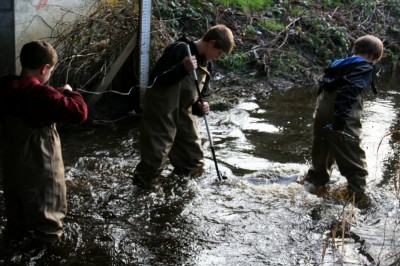
This is fun and it’s 100% engaging and it’s real Science. But we can’t do this everyday. We do have to tie it back to something else. I ask my students to learn something about the Science they did and to share it and to read each other’s work and to give each other feedback.
What do you do to engage your students? What does “on-task” look like to you? Do you expect “on-task” behavior in your classes?

